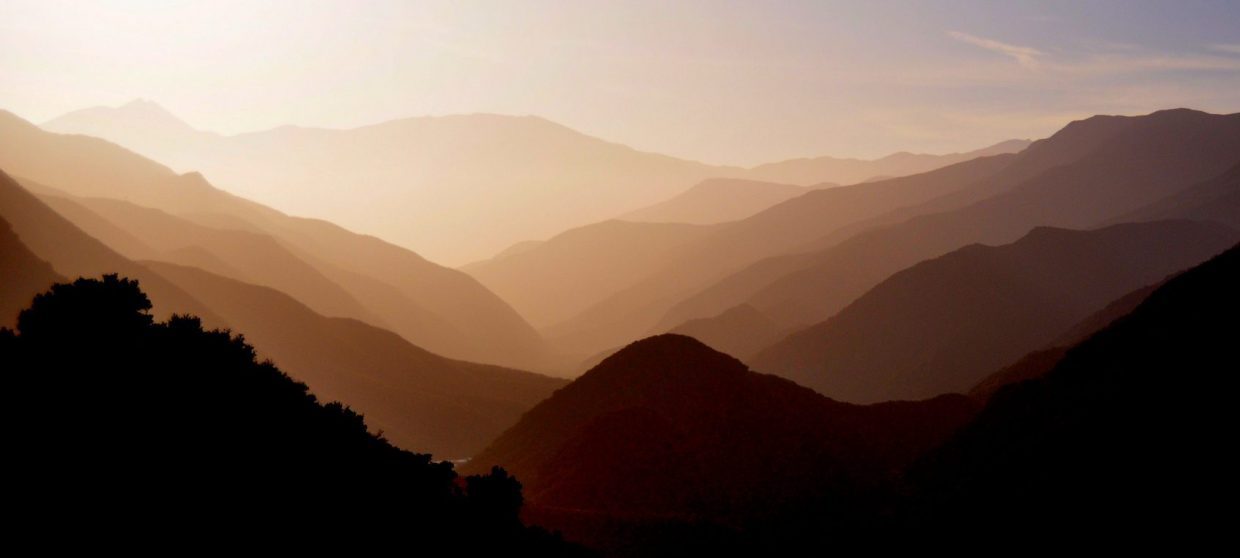Lent is a meaningful time in the church calendar to focus on watershed discipleship: How will you be a more faithful disciple within your watershed this season?
We suggest below a number of Lenten devotionals focused on care for creation and environmental justice. A member of the watershed discipleship community, C. John Hildebrand, put together a daily reading schedule for Elaine Enns and Ched Myers’ new book, Healing Haunted Histories: A Settler Discipleship of Decolonization, so you can read through it during Lent, knowing others are doing the same. Here are some of our suggestions for focusing your Lenten practice on watershed discipleship:
- Daily reading schedule for Healing Haunted Histories
- “Drawing Closer to Creator & Creation: An Indigenous Journey through Lent,” by Randy Woodley, Eloheh Indigenous Center for Earth Justice
- Creation Justice Ministries’ Lenten calendar
- Presbyterians for Earth Care’s Lenten devotional
Image: “Sunset through Horatio N. May Chapel,” Tim Nafziger




 There’s a new podcast called “
There’s a new podcast called “

